
In 2024, CLIC established its Scientific Advisory Board, inviting international scholars, including past Lorand Chairs. The members of this board will be encouraged to contribute to the annual screenings of external project grants and to the strategic days organized by CLIC, aiming to further increase the quality and success of external funding applications and the overall functioning of the research group. We are pleased to introduce our ten advisory board members:
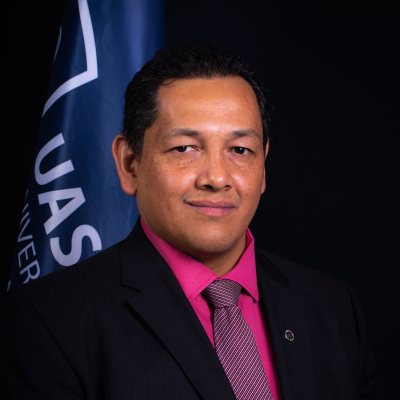
Ramón Alvarado Ruiz (Universidad Autónoma de San Luis Potosí)
Ramón Alvarado Ruiz holds a degree in Spanish Language and Literature from the Universidad Michoacana de San Nicolás de Hidalgo and a PhD in Arts and Humanities from the Center for Research in Sciences, Arts, and Humanities in Monterrey. He is currently a member of the National System of Researchers. He is a full-time Research Professor at the Faculty of Social Sciences and Humanities at the Universidad Autónoma de San Luis Potosí. His area of study is Mexican literature of the 20th and 21st centuries, particularly the Crack Generation.
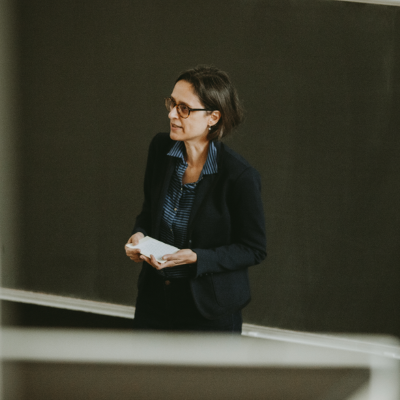
Nassim W. Balestrini (Karl-Franzens-Universität Graz)
Nassim W. Balestrini is Full Professor of American Studies and Intermediality at the University of Graz, Austria, where she also heads the Centre for Intermediality Studies in Graz (CIMIG). Before 2014, she taught at the universities of Mainz, Paderborn, and Regensburg (in Germany) and at the University of California, Davis (USA). Within the fields of US-American and Canadian literature, she is interested in intermediality and adaptation theory, life writing across media, hip hop (particularly rap as poetry and contemporary Indigenous and Alaskan artists), African American literature, and new approaches to the historiography of theater and poetry. Contemplating borders and mobility—be it between nations, cultures, languages, or media—informs much of her research. Since the mid-2010s, climate change theater has played a major role in her research and teaching. In this context, she has been exploring ways of collaborating with artists in order to integrate creative work into literary and cultural studies classroom.

Hans Demeyer (University College London)
Hans Demeyer is an Associate Professor of Dutch & Comparative Literature. He co-authored the book Affectieve crisis, literair herstel [Affective Crisis, Literary Repair] (AUP, 2021) with Sven Vitse and they are currently working on an English edition of this book. His work mainly revolves around the relation between literature, affect and politics, and he has published on a wide range of topics in Dutch and comparative literary studies.

Andreas Fickers (Université du Luxembourg)
Andreas Fickers is Professor of Contemporary and Digital History and founding Director of the Luxembourg Centre for Contemporary and Digital History (C2DH), the third Interdisciplinary Centre of the University of Luxembourg. His research focuses on European history of technology (mainly communication technologies), transnational and intermedial media history, experimental media archaeology, digital history and hermeneutics, and transmedial storytelling in history. Current research projects include "Popular Culture Transnational in the Long Sixties" (https://popkult60.eu), "Doing Experimental Media Archaeology" (https://dema.uni.lu), and the Doctoral Training Unit on “Digital History and Hermeneutics” (https://dhh.uni.lu). He is editor-in-chief of the multilayered Journal of Digital History (https://journalofdigitalhistory.org) and co-author of Communicating Europe: Technologies, Information, Events (Palgrave-Macmillan, 2019).
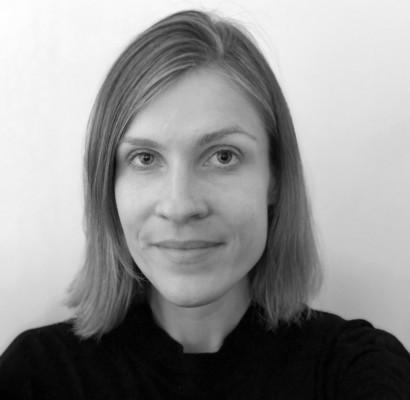
Natalija Majsova (University of Ljubljana)
Natalija Majsova is an Associate Professor of Cultural Studies at the University of Ljubljana. Her research cuts across the fields of memory studies, film and media studies, heritage interpretation, and (post-)socialist popular cultures. She is especially interested in the mechanisms of collective memory and remembrance practices at the nexus of projections of the future and imaginaries of the past, and in how gradual technological transformations contribute to nostalgias for past utopias. She has authored two books, including Soviet Science Fiction Cinema and the Space Age: Memorable Futures (Lexington Books, 2021), co-edited the volume Faith in a Beam of Light: Magic Lantern and Belief in Western Europe, 1860-1940 (Brepols, 2022) with Sabine Lenk, and is the main co-editor of the journal Social Science Forum.
Christine Meyer (Université de Picardie)
Christine Meyer is Professor of German Literature and Culture at Université de Picardie Jules Verne in Amiens, France. She serves as the Director of the research unit CERCLL (UR 4283), the Centre for the Study of Linguistic and Literary Relations and Contacts. Her research focuses on 20th- and 21st-century German-language literature. She is interested in diasporic, minority, and postcolonial literatures. She also explores cultural transfers between the German-speaking world and other cultural areas, intertextuality and intermediality, as well as literary historiography, canon formation, and the globalization of knowledge. Additional areas of interest include heterolingualism, translanguaging, and literature and memory.

Liesbeth Minnaard (Universiteit Leiden)
Liesbeth Minnaard is a Lecturer in Film and Literary Studies at the Leiden University Centre for the Arts in Society (LUCAS). Her research focuses on the cultural effects of migration, on intersections of race, gender and more, on the rhetoric of (Europe in) crisis, and on literature and activism. She is the author of New Germans, New Dutch. Literary Interventions (Amsterdam University Press, 2007), co-author of De lichtheid van literatuur. Engagement in de multiculturele samenleving (Acco, 2015) and co-editor of, among others, Literature, Language and Multiculturalism in Scandinavia and the Low Countries (Rodopi, 2013), Challenging the Myth of Monolingualism (Brill, 2014), and From Crisis to Critique: Languages of Resistance, Transformation, and Futurity in Mediterranean Crisis-Scapes (2020). She is co-organizer of the Flemish-Dutch Platform for Postcolonial Readings and a board member of the Netherlands Research School of Gender Studies.
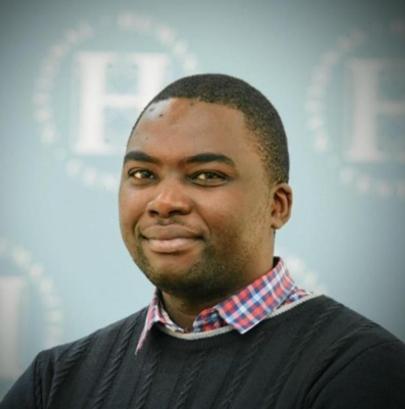
Gibson Ncube (Stellenbosch University)
Gibson Ncube is a Senior Lecturer in the Department of Modern Foreign Languages at Stellenbosch University. He has held fellowships supported by the Africa Oxford Initiative, Stellenbosch Institute for Advanced Study, the National Humanities Center (USA) and Leeds University Centre for African Studies (UK). He has published widely in the fields of comparative literature, gender and queer studies as well as cultural studies. He co-convened the Queer African Studies Association (2020-2022) and was the 2021 Mary Kingsley Zochonis Distinguished Lecturer (African Studies Association UK). He currently sits on the Editorial Boards of the following journals: Journal of Literary Studies, the Canadian Journal of African Studies, the Nordic Journal of African Studies as well as Imbizo: International Journal of African Literary and Comparative Studies. He is currently the Editor-in-Chief of the South African Journal of African Languages and also the French Book Review Editor of the Canadian Journal of African Studies.
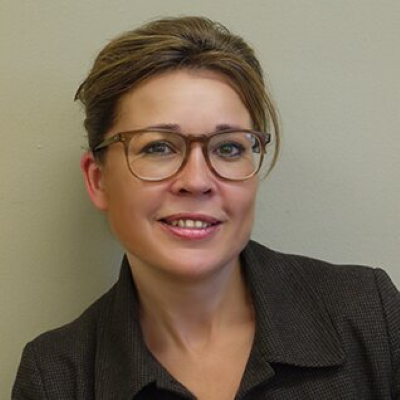
Irina Rajewsky (Johannes-Gutenberg-Universität Mainz)
Irina Rajewsky studied General and Comparative Literature, Italian Studies, and Art History in Madison (Wisconsin), Berlin, and Pisa. In 2000, she earned her doctorate from the Free University of Berlin with a dissertation on forms and functions of intermedial narration in postmodern Italian literature. Since 2022, she has been a Full Professor of General and Comparative Literature at the Gutenberg Institute for World Literature and Written Media at Johannes Gutenberg University Mainz. Her research focuses on inter- and transmediality, transmedial narratology, and questions of fictionality and factuality across media. She also works on Italian and French narrative literature from the 19th to 21st centuries, as well as artistic and cultural practices of modernity, postmodernity, and the contemporary period—including literature, photography, film, theater, and digital media.

Alexandra Saemmer (Université Paris 8)
Alexandra Saemmer is a Professor in Information and Communication Sciences at the University of Paris VIII. She is also a researcher at the Center for Studies on Media, Technologies, and Internationalization (CÉMTI). Alexandra Saemmer's research focuses on how meaning is produced in digital cultural artifacts, particularly focusing on the convergences and tensions between the contexts of production, how practices are anticipated through the material aspects of the artifact, and the processes of reception (fields of study include: online journalism, advertising, cultural e-albums, digital literature, educational apps, social media, textbooks, etc.). The forms and features of digital artifacts are examined through a critical semiotics approach, which pays equal attention to the materiality of the media (editorial design, software “architexts,” code) and to discursive strategies and their underlying motivations.
